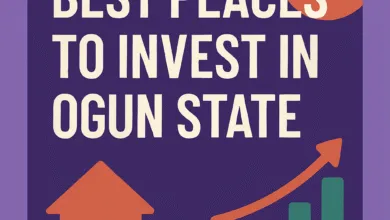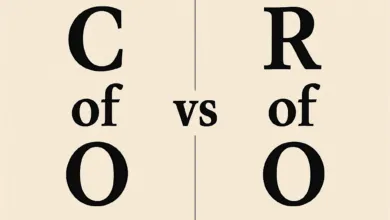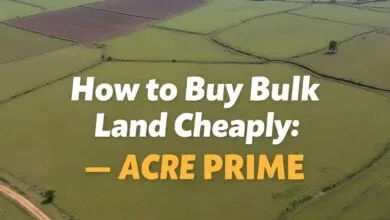Agricultural Land vs Residential Land: Which Is More Sustainable?
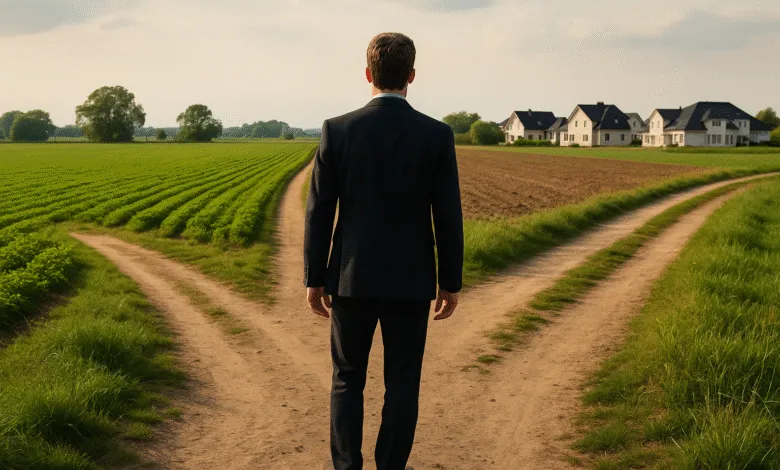
Introduction:
Agricultural land vs residential land— which is more sustainable? That question is becoming more important as people move beyond just thinking about price and location when buying land. In today’s world, sustainability matters more than ever, especially with growing concerns around food security, climate change, and future value.
So, let’s break it down in simple terms and see which land type truly supports a sustainable future.
What Is Agricultural Land?
Agricultural land is land set aside for farming, grazing, plantations, or any food production activities. It supports crops, livestock, and other agricultural operations. In Nigeria, farmland plays a vital role in food security and economic growth, especially in rural communities.
It’s often located in less developed areas, which is why it tends to be more affordable. For investors looking into sustainable land investment, agricultural land offers a lot of promise.
What Is Residential Land?
Residential land is land zoned for housing and human settlement. It’s where homes, estates, and urban developments grow. This type of land is usually located in developed areas with roads, schools, and infrastructure.
Residential plots are in high demand due to Nigeria’s growing population. While they offer strong short-term returns, they also come with heavy development and environmental costs.
Why Is Agricultural Land Cheaper Than Residential Plots?
- Location: Farmland is often found in rural areas where land is abundant.
- Infrastructure: Residential plots cost more due to roads, drainage, and utilities.
- Demand: More people want to live in cities or places with fast developments, which drives up residential land prices.
If you’re looking for affordable and green land investment, farmland offers better entry points for new investors.
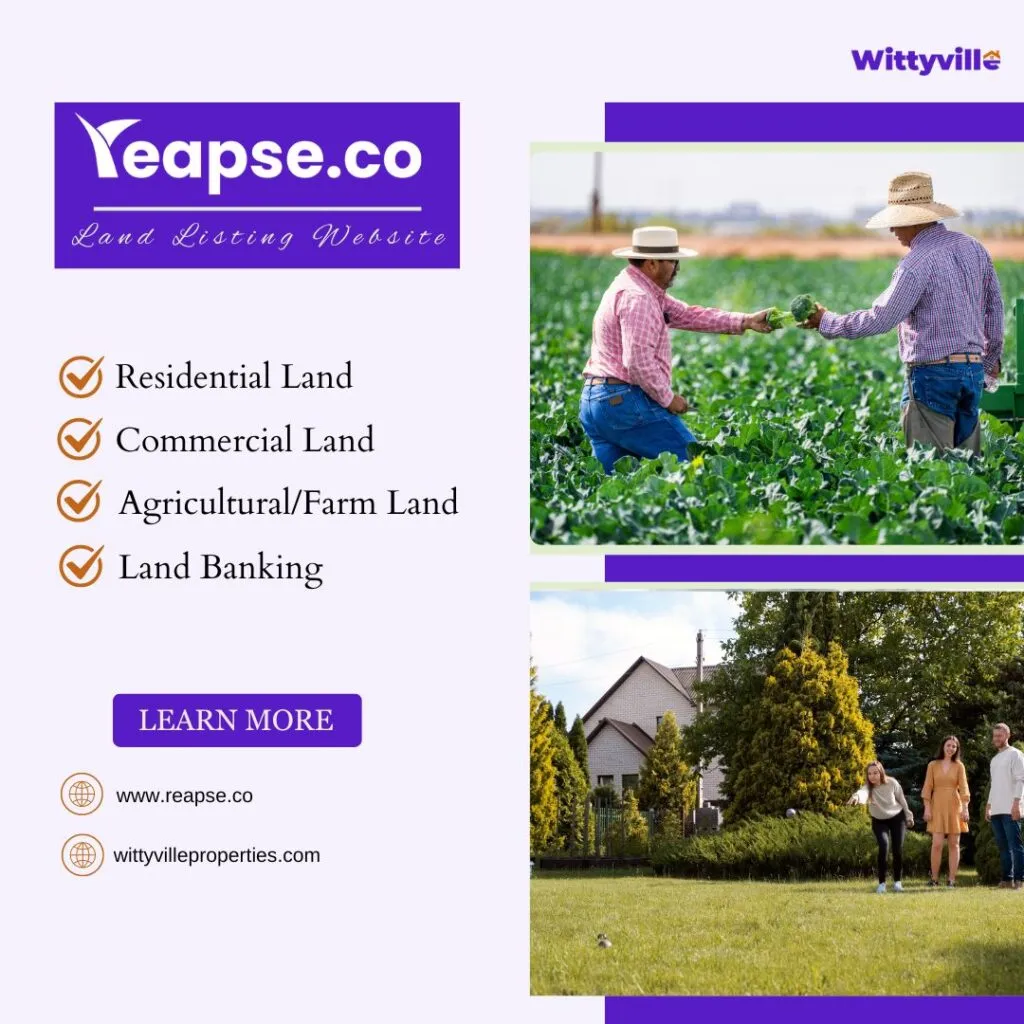
What Sustainability Means in Land Use
Sustainability means using land in a way that meets today’s needs without harming the future. Specifically, It balances three key areas:
- Environmental: Does it harm or protect nature?
- Economic: Can it generate long-term income or value?
- Social: Does it support community and wellbeing?
Let’s compare both land types using these lenses.
Environmental Sustainability: Agricultural vs Residential Land
- Agricultural land often keeps green cover and supports biodiversity. But if overfarmed, it can lose nutrients.
- Residential land usually leads to clearing forests, building concrete roads, and increasing pollution.
From a purely environmental angle, agricultural land is more sustainable especially when managed properly.
Economic Sustainability: Which Pays Off Long-Term?
- Agricultural land provides ongoing income through crops or livestock. It can appreciate if near water or roads.
- Residential plots offer faster profits through resale or rentals. But once developed, their potential is fixed.
If you’re aiming for long-term, agricultural land value can rise steadily with the right care and planning.
Social Impact: What It Means for Communities
- Farming communities gain food, jobs, and economic activity from agricultural land.
- Urban communities get shelter and services from residential land. But poor planning can lead to slums and overpopulation.
Both have value, but farmland supports rural livelihoods and reduces food insecurity.
Which Is More Sustainable Overall?
When we weigh all three pillars of sustainability, agricultural land leads in environmental and social benefits. It also holds long-term economic potential. Residential land is essential, but its sustainability depends heavily on good urban planning.
In the end, the better option depends on your goals. For income, food security, and green investment, farmland wins. For quick profits or housing, residential land may be your pick.
Conclusion:
Understanding the difference between agricultural and residential land isn’t just about price or location. It’s about long-term impact. If you care about future value, community development, and nature, sustainable land investment should guide your choice.
Not sure which land type fits your goals best? Let’s talk it through, We’re happy to help you figure out what works best for you.
You can also visit our website reapse.co to explore our wide selection of residential, commercial, and agricultural lands. We’ve got products tailored to meet your needs and budget.

